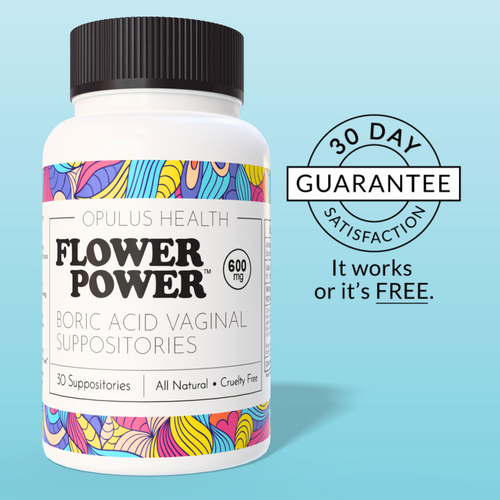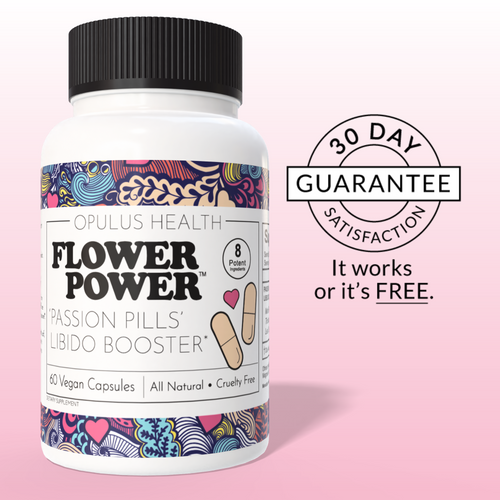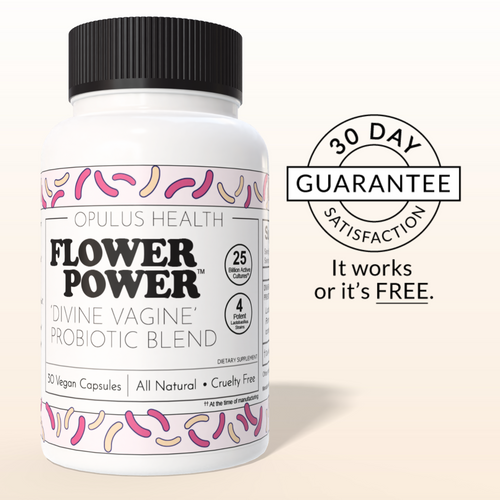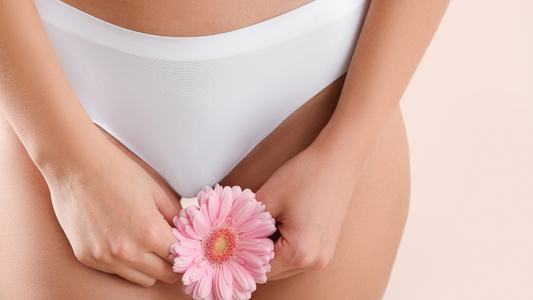Vaginal dryness is a common yet often overlooked condition that can affect women at any stage of life. Whether it’s causing discomfort during daily activities or making sexual intimacy less enjoyable, recognizing the signs early is key to maintaining vaginal health and overall comfort.
Understanding how to tell if you’re experiencing vaginal dryness is the first step toward effective management. In this guide, we’ll explore the causes, symptoms, and practical strategies for addressing dryness, along with actionable tips to restore moisture naturally or with medical guidance.
What is Vaginal Dryness?
Vaginal dryness occurs when the vaginal mucosa—the tissue lining the vagina—loses its natural moisture and elasticity. This loss of lubrication can result in irritation, itching, and discomfort. While occasional dryness can be normal, persistent dryness may indicate an underlying issue such as hormonal imbalance, medication side effects, or lifestyle factors.
Why Vaginal Moisture Matters
Natural lubrication protects the vaginal tissue from friction, infection, and inflammation. Maintaining adequate moisture ensures comfort during everyday activities and sexual intercourse, while also preserving the health and integrity of the vaginal mucosa.
Common Symptoms of Vaginal Dryness
Recognizing the symptoms is crucial to identifying vaginal dryness early. They can range from subtle to more obvious signs.
Physical Symptoms
-
Burning or stinging sensations
-
Itching or irritation in the vaginal area
-
Painful urination or increased frequency
Subtle Signs
-
Discomfort during sexual intercourse
-
Minor bleeding or spotting during sex
-
Increased susceptibility to infections due to compromised mucosal defense
When Symptoms Become Concerning
Persistent symptoms, worsening discomfort, or recurring infections warrant consultation with a healthcare professional. Early intervention can prevent complications and improve quality of life.
Causes of Vaginal Dryness
Vaginal dryness can arise from multiple factors, including hormonal changes, medications, lifestyle habits, and underlying medical conditions. Understanding the root cause helps in choosing the right management strategy.
Hormonal Causes
Hormones play a central role in vaginal moisture. Low estrogen levels, commonly seen during menopause, perimenopause, pregnancy, or breastfeeding, can reduce lubrication and thin the vaginal lining. Birth control methods that alter hormone levels may also contribute to dryness.
Medications and Medical Conditions
Certain medications, including antihistamines, chemotherapy drugs, and some antidepressants, can cause vaginal dryness. Additionally, autoimmune disorders or chronic illnesses may impact vaginal health.
Lifestyle and Environmental Factors
Dehydration, low water intake, excessive caffeine or alcohol consumption, and smoking can all reduce natural lubrication. Dry indoor environments or harsh hygiene products may further irritate the vaginal mucosa.
Stress and Psychological Factors
Stress and anxiety influence hormone production, particularly estrogen and progesterone, which can indirectly affect vaginal lubrication. Chronic stress may exacerbate dryness and increase discomfort.
How to Confirm You’re Experiencing Vaginal Dryness
Self-Assessment Tips
Pay attention to recurring symptoms such as itching, burning, or discomfort during sexual activity. Keeping a journal of when symptoms occur—during menstruation, after medication use, or postpartum—can help identify patterns.
Medical Diagnosis
Consulting a gynecologist is essential for persistent dryness. A healthcare professional may perform a physical exam, review your hormonal profile, and assess the vaginal mucosa to rule out infections or other conditions.
Importance of Early Detection
Early recognition allows for effective intervention, preventing irritation, inflammation, and potential long-term tissue changes. Addressing dryness proactively ensures comfort and supports overall vaginal health.
FAQs About Vaginal Dryness
How can I tell if vaginal dryness is normal or a problem?
Occasional vaginal dryness is common and can happen during certain times in your cycle, after sexual activity, or due to temporary dehydration. However, persistent dryness accompanied by itching, burning, pain during intercourse, or recurrent infections may signal an underlying issue that requires evaluation. Keeping track of your symptoms over time can help identify patterns and guide effective solutions.
What are the best ways to relieve vaginal dryness naturally?
Natural approaches can be highly effective. Staying well-hydrated, consuming a nutrient-rich diet high in omega-3s, antioxidants, and water-rich fruits and vegetables, and using topical vaginal moisturizers or lubricants are great starting points. Oral supplements containing Slippery Elm Bark, amino acids, and minerals can also support mucosal health, providing hydration without hormones.
Does menopause always cause vaginal dryness?
Menopause increases the likelihood of vaginal dryness due to declining estrogen levels, which reduce natural lubrication and affect tissue elasticity. However, not all women experience severe dryness. Many can manage symptoms effectively through hydration, lifestyle changes, vaginal moisturizers, and targeted supplements that support vaginal health during this life stage.
Can supplements improve vaginal moisture effectively?
Yes. Natural supplements specifically formulated for vaginal health, such as those containing Slippery Elm Bark, essential amino acids, and minerals, can help restore hydration to the vaginal mucosa. These supplements are hormone-free, safe for most users, and can complement other strategies like moisturizers, lubricants, and lifestyle adjustments.
When should I consult a doctor about vaginal dryness?
Consult a gynecologist if vaginal dryness is persistent, causes significant discomfort, or comes with pain, bleeding, or infection. Medical evaluation can identify hormonal imbalances, side effects of medications, or underlying conditions. Early intervention helps prevent irritation, infection, and long-term tissue damage, ensuring optimal vaginal health.
Recognize, Restore, and Rehydrate
Knowing how to tell if you’re experiencing vaginal dryness empowers women to take proactive steps for comfort and health. By combining hydration, lifestyle changes, topical products, natural supplements, and professional guidance when necessary, it’s possible to restore moisture, improve comfort, and support overall vaginal wellness.
Take action today: prioritize hydration, explore safe hormone-free options like She Juicy, and consult your healthcare provider if symptoms persist. Maintaining vaginal health is essential for everyday comfort, sexual wellness, and long-term mucosal integrity.

















